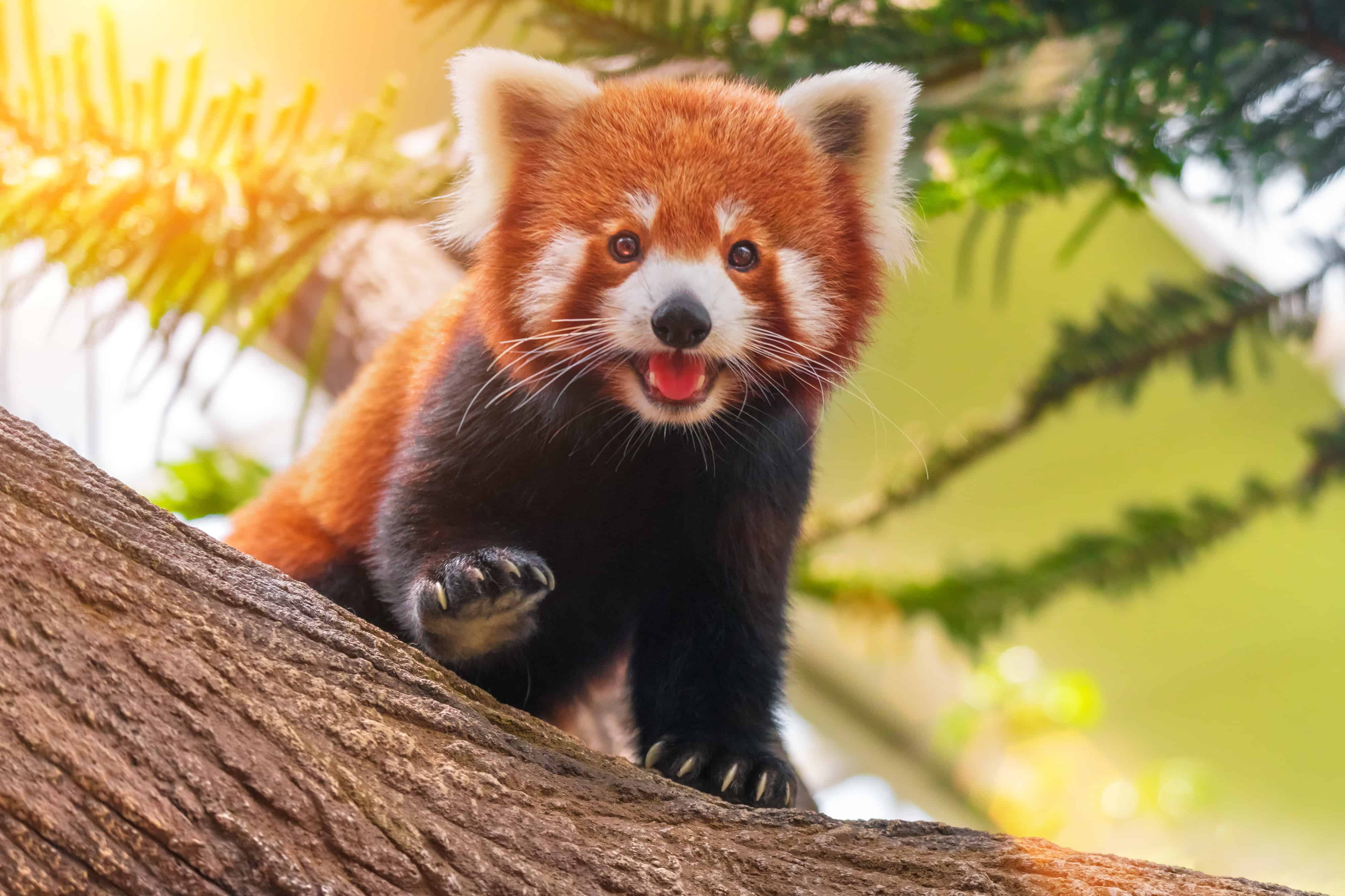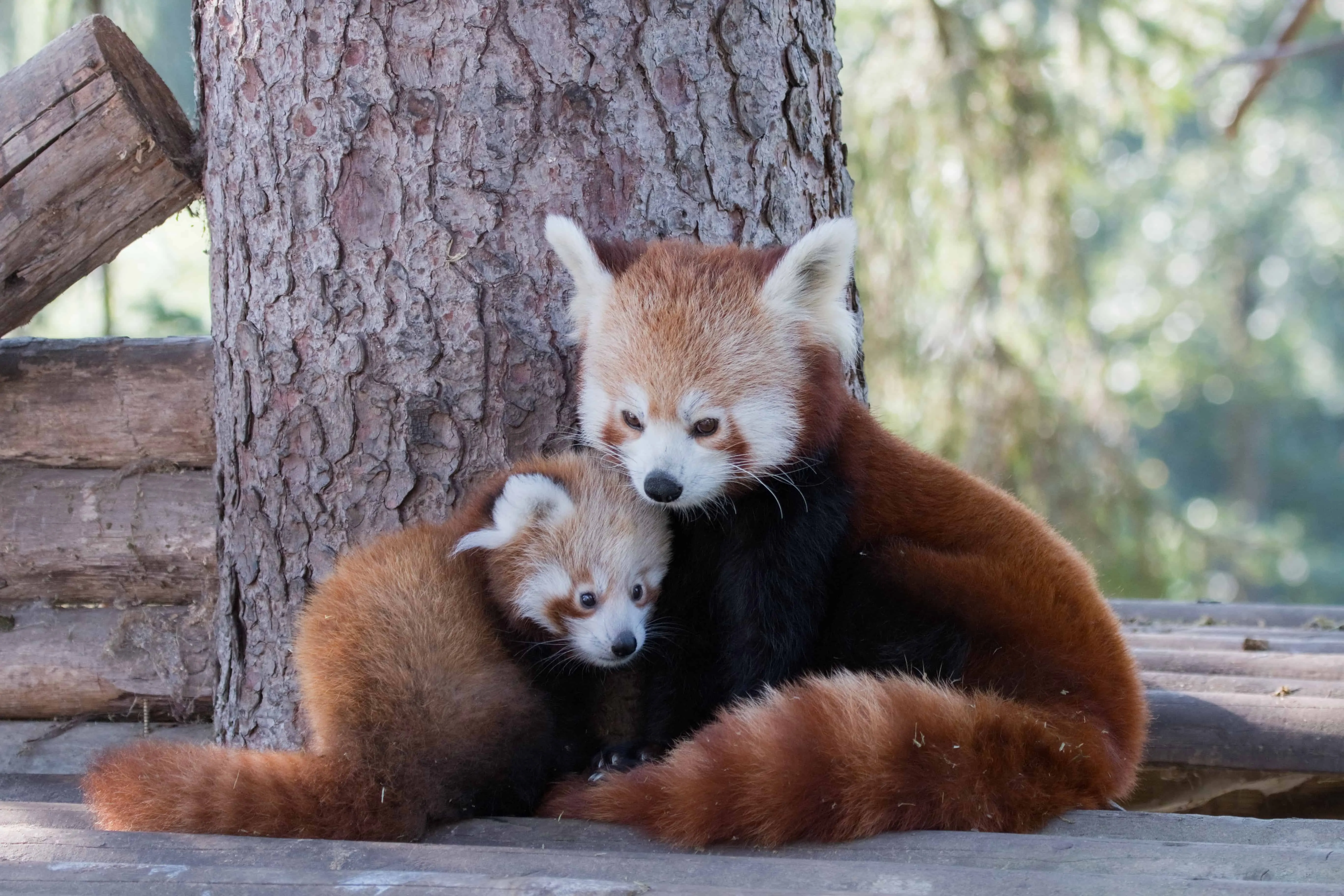Babies are truly remarkable beings, and their journey from infancy to childhood is filled with awe-inspiring moments and milestones. From the moment they enter the world, they captivate us with their innocence, curiosity, and unique behaviors. Understanding the intricacies of their development can deepen our appreciation for these little wonders. Whether you're a parent, caregiver, or simply fascinated by the marvels of early human life, exploring interesting baby facts can provide a wealth of knowledge and wonder. These fascinating insights not only entertain but also educate us about the incredible capabilities and quirks of babies. Dive into this article to uncover surprising truths and enrich your understanding of what makes babies so extraordinary.
Every baby is a bundle of surprises, and their behaviors often leave us in awe. Did you know that babies have an innate ability to recognize their mother’s voice even before they are born? These kinds of intriguing facts highlight the complexity and beauty of early human development. The journey of growth and discovery begins long before birth and continues through the formative years, offering endless opportunities to marvel at the wonders of life. Exploring interesting baby facts can help us better understand their needs, behaviors, and the incredible milestones they achieve.
Beyond their adorable smiles and tiny toes, babies possess abilities and traits that are both fascinating and scientifically intriguing. For instance, their sense of touch develops early, allowing them to explore the world through physical sensations. These insights not only deepen our appreciation for babies but also empower us to support their growth and development in meaningful ways. By delving into interesting baby facts, we can uncover the magic of early childhood and gain a greater understanding of the unique qualities that make babies so special.
Read also:Dolphins Chiefs Tickets Your Ultimate Guide To Catching The Hottest Nfl Showdown
Table of Contents
- What Are Some Interesting Baby Facts?
- How Do Babies Develop So Rapidly?
- Why Do Babies Respond to Touch So Strongly?
- Can Babies Remember Things from the Womb?
- What Makes Babies Laugh and Smile?
- The Science Behind Interesting Baby Facts
- Unique Abilities of Newborns
- How Babies Communicate Before Speaking
- Why Babies Are So Curious About Their Surroundings?
- Fun Facts About Baby Sleep Patterns
What Are Some Interesting Baby Facts?
Babies are full of surprises, and their behaviors often defy expectations. One of the most fascinating aspects of their development is how quickly they adapt to their environment. For example, newborns can recognize their mother’s scent within days of birth, a trait that helps them form a strong bond with their caregiver. Additionally, babies are born with the ability to swim reflexively, a remnant of their time in the womb. These interesting baby facts highlight the incredible instincts and capabilities that babies possess from the very beginning.
Another captivating fact is that babies have a preference for human faces over other objects. This preference is evident even in the first few weeks of life, as they are naturally drawn to the shapes and patterns that resemble a human face. This early fascination with faces lays the foundation for their social and emotional development. By understanding these intriguing aspects of infancy, we gain a deeper appreciation for the complexity of early human life.
How Do Babies Develop So Rapidly?
The rapid development of babies is one of the most remarkable aspects of early childhood. During the first year of life, babies undergo significant physical, cognitive, and emotional growth. This rapid development is fueled by their brain, which forms millions of neural connections every second. These connections are shaped by their interactions with the world around them, making early experiences crucial for their development.
Babies also develop motor skills at an astonishing pace. From the first time they lift their head to their first steps, each milestone is a testament to their incredible growth. The process of learning to crawl, for instance, involves strengthening muscles, improving coordination, and developing spatial awareness. These achievements are not only fascinating but also highlight the importance of providing babies with opportunities to explore and interact with their environment.
Why Do Babies Respond to Touch So Strongly?
Touch is one of the earliest senses to develop in babies, and it plays a vital role in their growth and well-being. From the moment they are born, babies rely on touch to feel safe, secure, and loved. Skin-to-skin contact, for example, has been shown to regulate a baby’s body temperature, heart rate, and breathing. This physical connection also strengthens the bond between a baby and their caregiver.
Interestingly, babies are highly sensitive to touch, and even the gentlest caress can have a profound impact on their emotional state. This sensitivity is rooted in their need for comfort and reassurance, as touch helps them navigate the unfamiliar world around them. These interesting baby facts underscore the importance of nurturing touch in promoting healthy development and emotional well-being.
Read also:Discover The Benefits Of Evergreen Us Bank A Comprehensive Guide
Can Babies Remember Things from the Womb?
Research has shown that babies can remember sounds and experiences from their time in the womb. For example, studies have demonstrated that newborns recognize familiar voices, such as their mother’s, and even show a preference for songs or stories they heard while in utero. This ability to retain memories from the prenatal period highlights the remarkable capacity of a baby’s brain to process and store information.
These memories play a crucial role in forming early attachments and bonds. By recognizing familiar sounds and voices, babies feel a sense of security and comfort in their new environment. These interesting baby facts not only shed light on the capabilities of newborns but also emphasize the importance of creating a nurturing and stimulating environment during pregnancy.
What Makes Babies Laugh and Smile?
Babies are natural-born charmers, and their laughter and smiles have a way of melting hearts. But what exactly triggers these joyful expressions? Interestingly, babies begin to smile as early as six weeks old, often in response to social interactions. These early smiles are a sign of their growing awareness of the world around them and their desire to connect with others.
As babies grow, their laughter becomes more intentional and is often sparked by playful interactions, such as tickling or peek-a-boo. Laughter serves as a way for babies to communicate their happiness and engage with their caregivers. These moments of joy not only strengthen the bond between a baby and their loved ones but also contribute to their emotional development. Understanding these interesting baby facts can help caregivers create meaningful and joyful experiences for their little ones.
The Science Behind Interesting Baby Facts
The study of early human development is a fascinating field that continues to uncover new insights about babies. Scientists and researchers have long been intrigued by the unique abilities and behaviors of infants, leading to groundbreaking discoveries about their cognitive, emotional, and physical growth. These findings not only deepen our understanding of babies but also inform practices that support their development.
For instance, research has shown that babies are born with a natural ability to learn languages. Their brains are wired to recognize and process the sounds of their native language, even before they can speak. This innate capacity for language acquisition is one of the many interesting baby facts that highlight the incredible potential of early childhood.
Unique Abilities of Newborns
Newborns possess a range of abilities that are both surprising and impressive. One such ability is their sense of taste, which is remarkably developed at birth. Babies can distinguish between sweet, sour, and bitter flavors, and they often show a preference for sweet tastes. This preference is believed to be an evolutionary trait that helps them recognize the taste of breast milk.
Another unique ability is their grasp reflex, which allows them to hold onto objects placed in their hands. This reflex is a remnant of their time in the womb, where they would grasp the umbilical cord. These fascinating traits are just a few examples of the interesting baby facts that showcase the complexity of newborns.
How Babies Communicate Before Speaking
Before babies can speak, they rely on a variety of non-verbal cues to communicate their needs and emotions. Crying, for example, is one of the most common ways babies express hunger, discomfort, or fatigue. Each cry has a distinct tone and rhythm, allowing caregivers to interpret their baby’s needs.
Babies also use facial expressions, gestures, and body movements to convey their feelings. Smiling, cooing, and reaching out are all ways they interact with their environment and form connections with others. These early forms of communication are essential for their social and emotional development and are among the most interesting baby facts that highlight their innate desire to connect.
Why Babies Are So Curious About Their Surroundings?
Babies are natural explorers, and their curiosity about the world around them is one of their most endearing qualities. From the moment they can focus their eyes, babies are drawn to colors, shapes, and movements. This curiosity drives their learning and development, as they use their senses to gather information about their environment.
As they grow, babies become increasingly interested in cause-and-effect relationships. Dropping a toy to see it fall, for example, is a way for them to explore the principles of gravity. These moments of discovery are not only fascinating but also essential for their cognitive growth. These interesting baby facts underscore the importance of providing babies with opportunities to explore and learn.
Fun Facts About Baby Sleep Patterns
Sleep is a vital part of a baby’s development, and their sleep patterns are as unique as they are. Newborns spend the majority of their time sleeping, often up to 16-18 hours a day. However, their sleep is not continuous, as they wake frequently to feed and seek comfort.
As babies grow, their sleep patterns become more structured, and they begin to develop a sense of day and night. By six months, many babies can sleep for longer stretches at night, although individual differences are common. These fun facts about baby sleep patterns highlight the importance of understanding and supporting their unique needs during this critical stage of development.
From their ability to recognize voices to their innate curiosity, babies are truly fascinating beings. Exploring interesting baby facts not only deepens our appreciation for their uniqueness but also empowers us to support their growth and development in meaningful ways. By understanding the science behind their behaviors and abilities, we can create a nurturing environment that fosters their potential and enriches their journey through early childhood.

